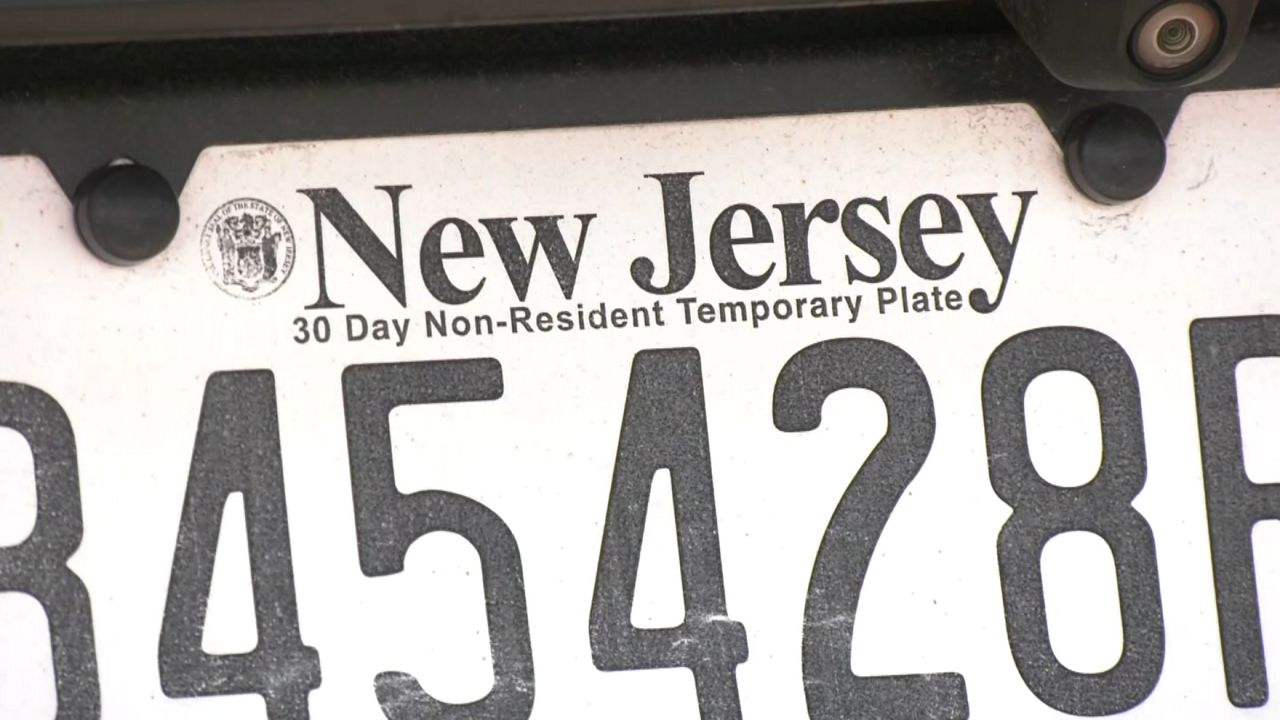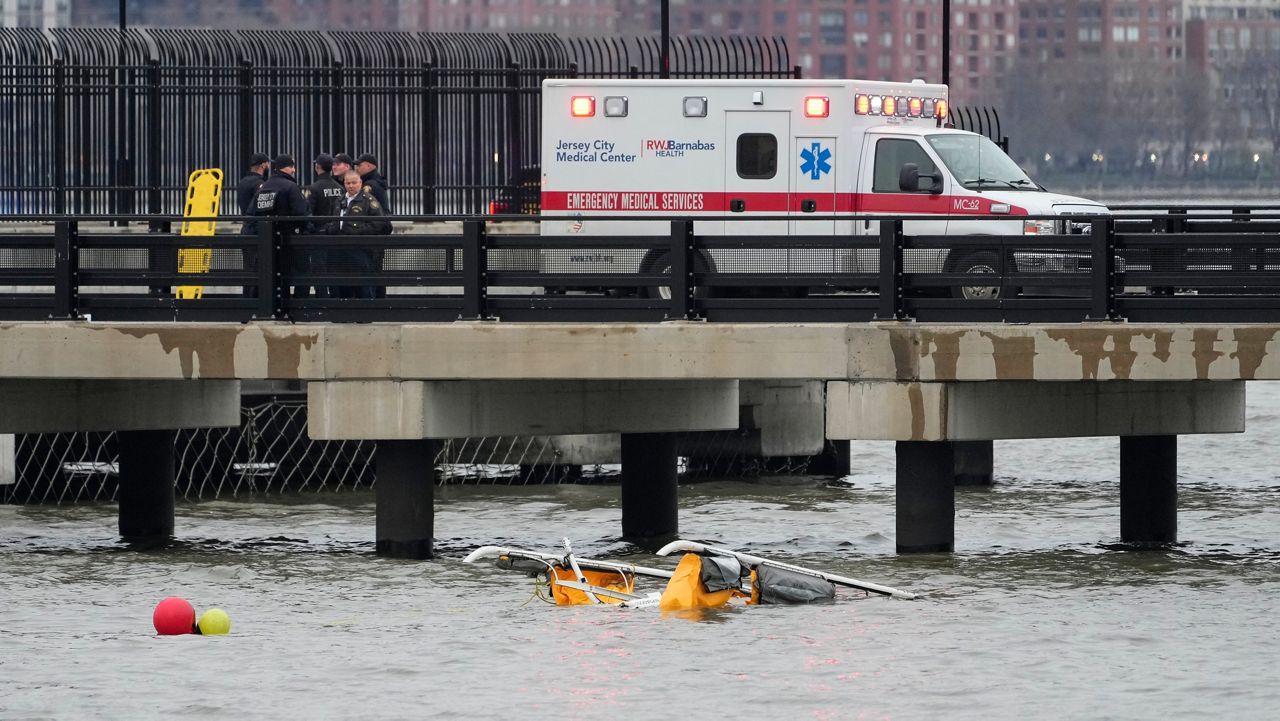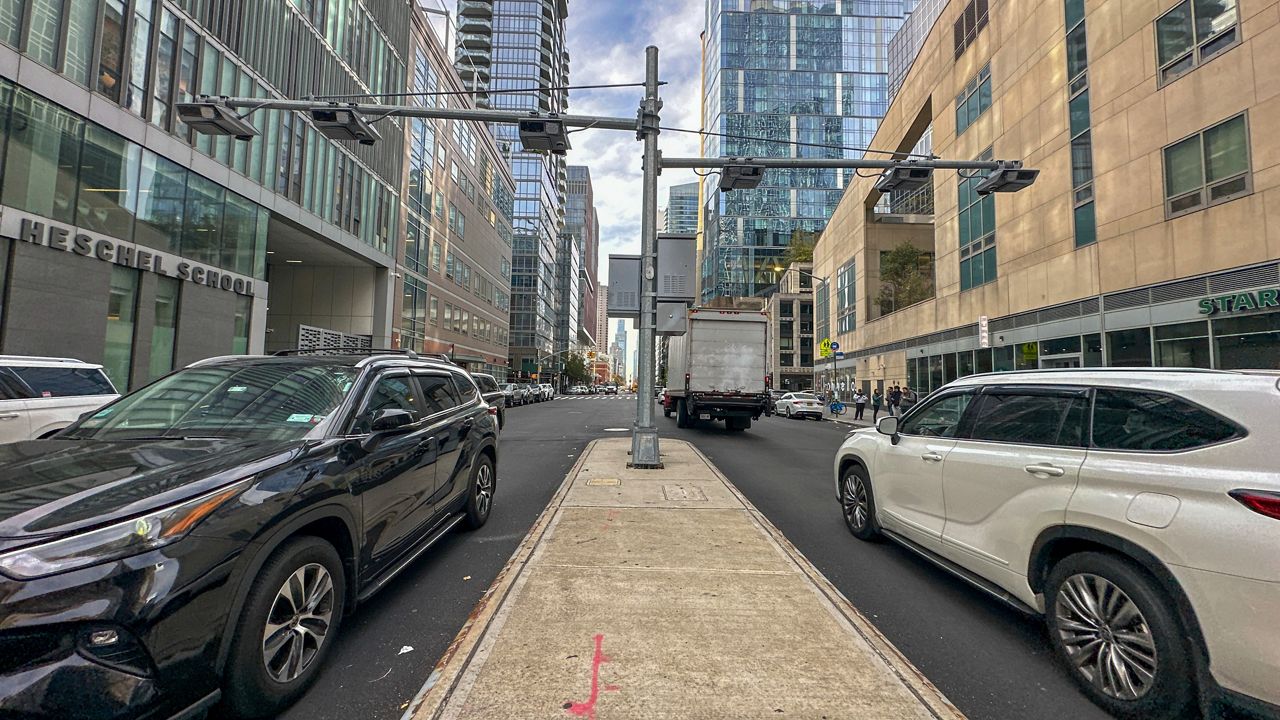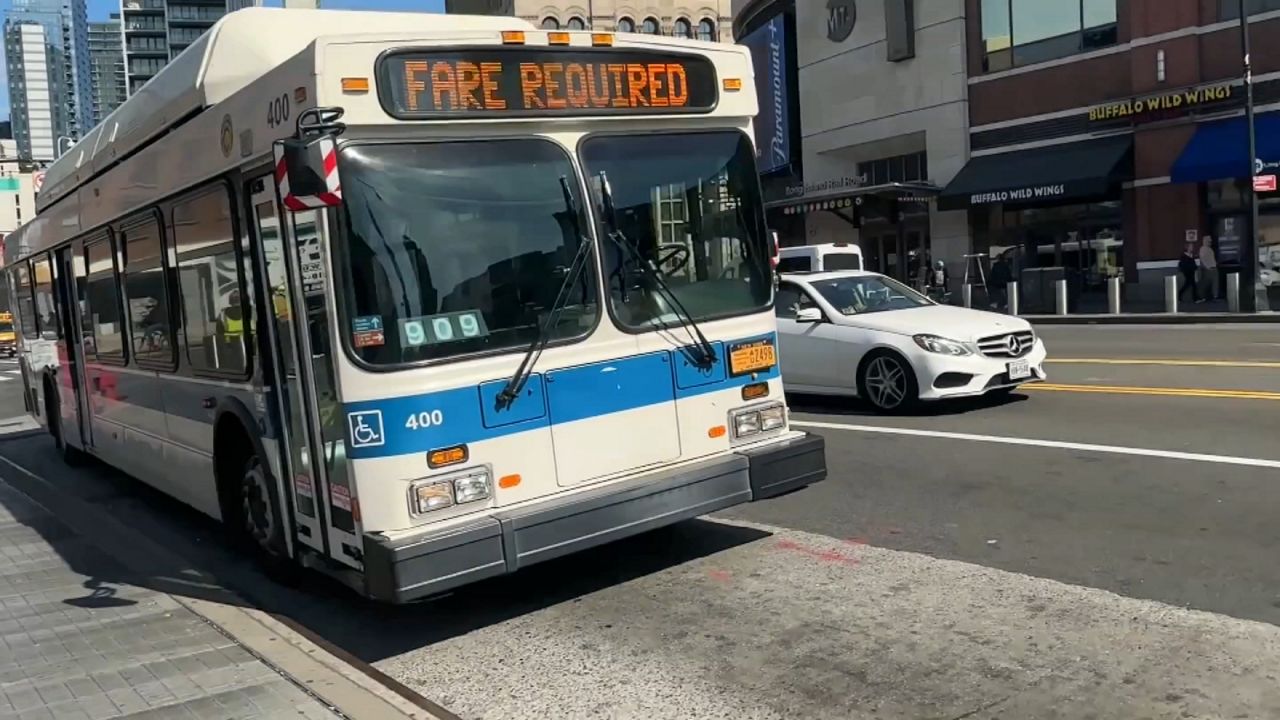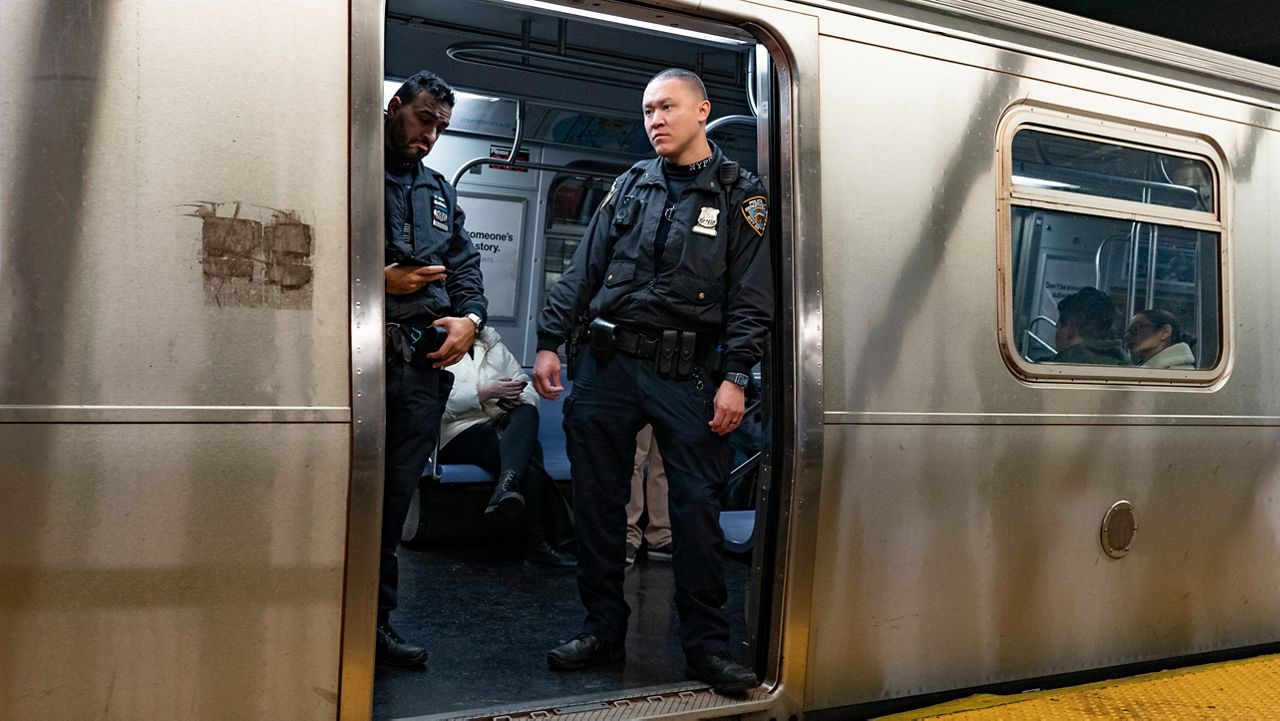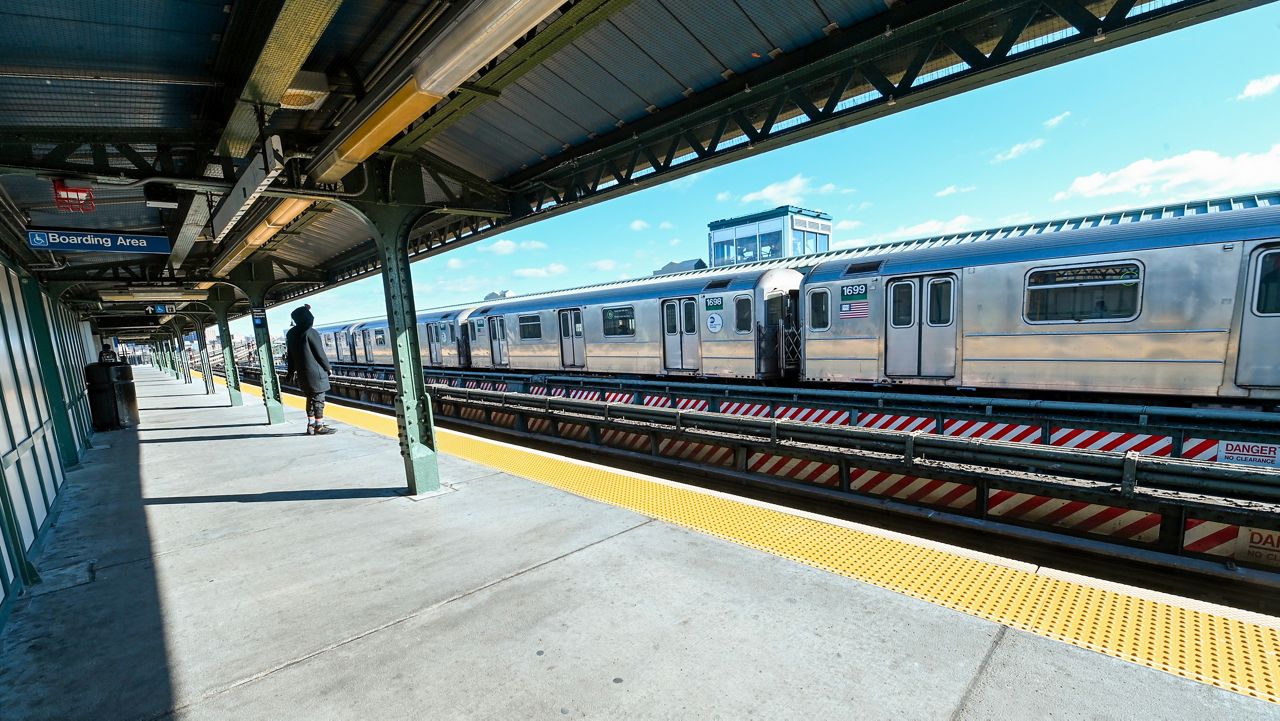Gov. Kathy Hochul gave her clearest indication she plans to unpause congestion pricing.
“I don’t break the law in New York state,” the governor said Tuesday. “That is the law. And I’m doing the best I can to ensure that all the requirements are met — the environmental issues, the congestion mitigation, and most important to me, funding the MTA.”
Instead of a $15 toll, she’s been in talks with federal officials to start it at $9. But time is running out before President-elect Donald Trump takes office and he has promised to kill it.
“It appears that the state is poised to, or at least is strongly considering an approach that would be within the bounds of the original environmental assessment,” Justin Balik, current senior state program director at Evergreen Action who worked on congestion pricing in the de Blasio administration, said. “Therefore, it shouldn’t trigger some kind of an extensive re-evaluation process and turn on well before the administration changes over.”
The current plan called for a $15 toll for cars and commercial vans peak, $3.75 off peak or overnight, with credits for using one of the tunnels into the central business district. Taxis and for hire vehicles would have been charged a fee per ride and trucks tolled every time they enter.
The lowest-cost scenario studied in the environmental assessment was $9 peak, $7 off peak and $5 overnight with no crossing credits. But taxis, rideshares and trucks would be tolled every time they entered the congestion zone.
If there was any variation, it could trigger a re-evaluation, and a first re-evaluation took two months. It is the target of amended lawsuits, including one from a bipartisan group of lawmakers.
Those who gathered Tuesday on Staten Island said they're looking beyond the lawsuits.
“I will just say that on the federal, we have a new administration. We have Republican majorities in the House and the Senate,” Republican Rep. Mike Lawler said. “We are going to advance legislation, we are going to move through the administration with the EPA, with President Trump, to stop this program dead in its tracks period.”
But even if the $9 charge gets through, it won't get to the stated goal of $1 billion a year. The MTA needs to raise $15 billion in bonds.
“We're hearing that the executive is looking at a number of revenue raisers including the internet sales tax to recoup the difference,” Democratic state Sen. Brad Hoylman-Sigal, who supported implementing the toll at a different price, said. “My understanding is once we get in through the door with the $9 we can make adjustments as we see fit."
Supporters say the key is starting the program as soon a possible to have a stronger legal argument should action be taken at the federal level to shut the tolls off.
Meanwhile, there are still two other lawsuits looking to force the governor to implement the plan. The governor's lawyers have until Friday to submit their written response to those lawsuits.






